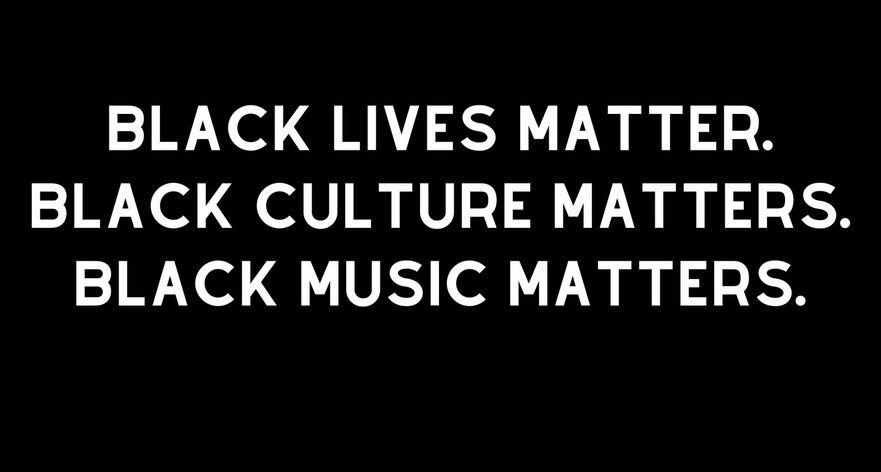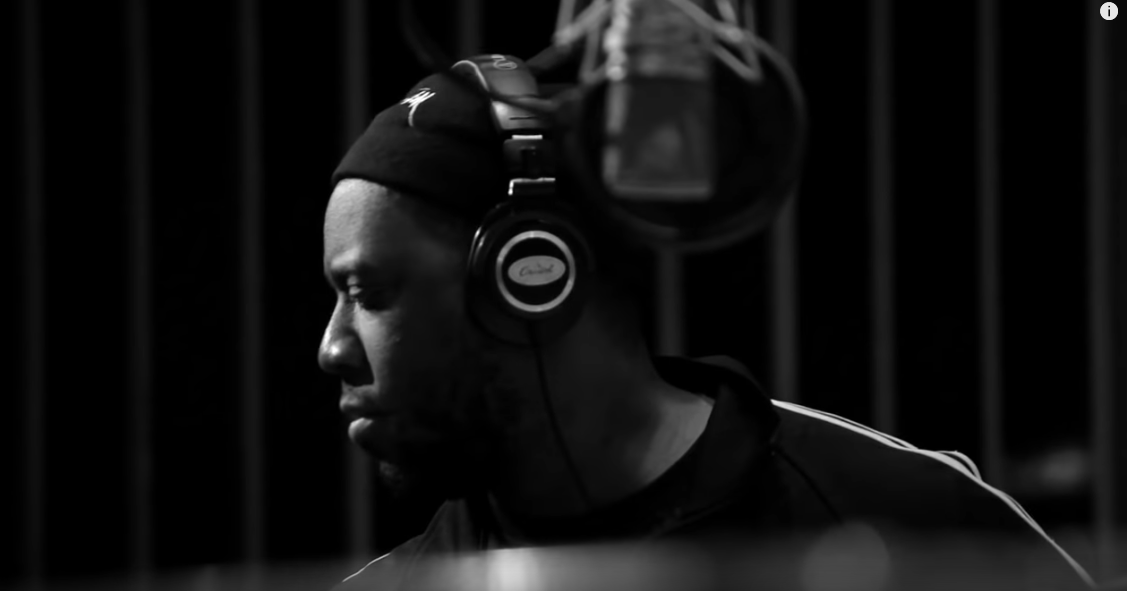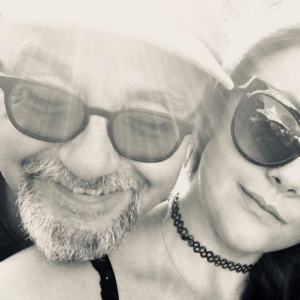HAPPY FATHER’S DAY
Father and Son – Leonard and Adam Cohen: 2016’s You Want It Darker CONTENTS

AN ESSENTIAL CREATIVE CONNECTION: LEONARD AND ADAM COHEN
A father and son relationship is like no other. Be it deep, complicated or estranged, there’s no connection – or lack of it – that compares.
How the elders’s death plays out is telling for both involved.
For musician, songwriter and poet Leonard Cohen and his son, Adam, the way they marked the father’s end days forms an inspiring story of love and knowing.
Over the course of a year – starting in April, 2015 – they worked in tight collaboration producing an acclaimed masterpiece – the 2016 album You Want It Darker.
The 9-song collection was recorded in the living room of 82 year-old Cohen’s Los Angeles home as he lay on a medical recliner suffering from cancer and spinal injuries. Adam recorded and produced the sessions as his father laboured over – and perfected – his vocals. Cohen wanted the essence of his talk/singing, sing/talking intonations to convey material he’d written over several years in what he knew was a final performance.
The result is a moving and direct farewell from one of the most gifted poets/lyricists/songwriters of his time. Music critic Will Hermes calls it “Cohen’s gift to music lovers: a realistically grim, spiritually radiant and deeply poetic worldview, generally spiked with a romantic thrum and an existential wink.”
You Want It Darker: Stripped Down and Essential
Listening to Leonard Cohen talk has long been more interesting to me than his music. When he released his first album in 1967, I was 12 years old and ecstatic about The Beatles’ groundbreaking Sgt Pepper album. Songs like Cohen’s Suzanne and So Long, Marianne didn’t register for a pre-adolescent blown away by the psychedelia of A Day in the Life and the sounds of a revolution in popular music.
And I had little time for much of Cohen’s music in his later career. In contrast, You Want It Darker is a vital – and welcome – exception. I didn’t listen to it when it was released. Only when a friend took me through the album recently did I come to appreciate its power. The Cohens dispense with the polished orchestration, mainstream melodies and soothing female background singers of previous albums. Adam’s lifelong familiarity with his father’s work afforded him both insight and license to cut to the core of the message through stripped down, intimate arrangements and production.
You Want It Darker’s tone better reflects the Leonard Cohen I grew to know and appreciate in numerous interviews over many years with journalists like the CBC’s Peter Gzowski.
Cohen’s humility and thoughtfulness were consistent features in those conversations. His unhurried and carefully considered words made clear that he worked in service to his considerable gift and the craft of writing. One of his best known songs, Hallelujah, took more than five years to write and originally had more than 80 verses. Leonard Cohen worked hard.
“I can work on a verse for a very long time before realizing it’s not any good and then, and only then, can I discard it,” he said.
______
Thanks to Kurated reader and friend Susie Gareau for introducing me to You Want It Darker.
Stay tuned,

21 June 2020
PLAYLIST
INTERVIEW

Producing My Father’s Requiem: Adam Cohen’s Oral History of “You Want It Darker”
By Leon Dische Becker / for Spotify
In his final months Leonard Cohen was battling cancer and spinal injuries and yet he still managed to create one of the most acclaimed LPs in his catalog. This is the inside story of how, with the help of his son, it all came together.
Leonard Cohen’s final masterpiece, You Want it Darker, was the fruit of an impossibly intimate collaboration. Restricted to his Los Angeles compound and suffering from spinal injuries and cancer, Cohen was determined to realize his vision. He recruited his son, singer-songwriter Adam Cohen, as producer, giving the project a special, familial energy that can be heard throughout the album. The elder Cohen was in loving company, drawing out a focus that was only amplified by his ailments. He mustered the strength to find his last words, and sang them from his recliner until he got each line right.
Adam Cohen studied his father’s music for decades, and used that knowledge to produce warm, organic, minimalist arrangements that proved the ideal backdrop for his father’s “low, gravelly, prophetic voice.” You Want it Darker would be widely acclaimed as one of Leonard Cohen’s best albums, a fitting last act for a master and mensch who loomed large in so many minds. The story of how this was achieved is as awe-inspiring as the music. In this oral history of You Want it Darker’s production, Adam Cohen tells the inside story of working with an artist who was both his idol and his father.
~Leon Dische Becker

In His Own Words: Adam Cohen
Almost as a hobby, my father would try to guess what someone wanted and give it to them before they asked. It was sort of a paranormal act of generosity, another extraordinary interest in his repertoire. So when he asked me to help with his last project, it seemed appropriate. It was to be one last father and son bonding experience. That last fishing trip.
My father was suffering from serious health issues including multiple compression fractures in his spine. They were injuries that would have immobilized anyone, and it involved a huge effort on his part to focus. Having someone close to him was a natural fit. Even though he was wearing a suit and sitting in his own living room, he was an old, frail man and didn’t want to contend with a stranger while completing his work. I had consulted with him on his last few albums, and had introduced him to Pat Leonard who produced two records for my father: 2012’s Old Ideas and 2015’s Popular Problems. Throughout their collaboration, I felt like I had a responsibility as a kind of broker between them. My father would often voice his enthusiasm and concerns to me over the direction that his records were taking. As we worked together, my confidence grew. Shoptalk took place between a father and his son; a dialogue was established.
I’d always studied my father’s music. And I always knew where he was in his life, so I could suspend my own tastes, my aesthetic palate, and just see his paranormal devotion, his originality and his truth, and his disinterest in dealing with slogans. The writing was so towering: the position of the narrator, the authority of his work.
Musically, the albums had sometimes taken aesthetic dimensions that didn’t reflect my personal taste. I had a view of Leonard Cohen as a musical entity that I think many people share, which is that his “most definitive work” was in a past era. The last record he made that sounded organic was probably The Future from 1992. I had always been candid about my feelings about his more recent work, and about my preference for his older work aesthetically. By asking me to help, I think that he’d already acquiesced to the notion that there was going to be a slight palate change.
My interest was in reconciling the voice that he had found—that low, gravelly, prophetic voice—and bringing it back to a more acoustic, organic space. That was one of the things I tried to bring to You Want it Darker. If my father had still been strong and robust, he would have fought me, and I would’ve lost. But in this particular instance, I think he really enjoyed the minimalism that I was vying for. His work had such a singular and authoritative vision that the minimal, acoustic accompaniment was appropriate.
He always needed to be alone to write. He would often wake up at four in the morning and have an entire pot of coffee, and write and rewrite with monastic devotion. While the rest of us were sleeping, he would produce what I consider to be his masterpieces.
Agreeing on production is like building a house. You lay out the plans, you discuss materials like the wood for the floorboards, the choice of wall, the materials on the kitchen counter, the types of window glass or the drawers. We went into great detail. The dialogue was so clear and clean because I’d been speaking with him my entire life.
He was still the commander, though, and there’s nothing on the record that he didn’t want. I felt like a pilot fish underneath a whale. My GPS was completely linked to his, so I felt like I wasn’t taking liberties that he hadn’t validated or cleared.
It was us two and an engineer camping out in my father’s living room in Los Angeles. I set up a little studio in there. There was very little aesthetic planning; it was was all about urgency and comfort. We set up the Pro Tools rig and some nice speakers on the dining room table. We had a couple of beautiful mics and a couple preamps around the room where we could plug in a keyboard or a bass. We established him in the living room in a sort of medical reclining chair that he also felt comfortable sleeping and eating in.
We would sketch and capture vocal performances and then tie them together. Then I would go away to my studio, put together the tracks, present them to him, and then he’d take out his carving knife. Things that he didn’t like we discarded, and things he did like we kept. It was very uncomplicated in that sense. The heavy lifting was always done by his hands. The singularity of his vision and the stirring vocal performances informed everything. He wasn’t always grimacing in pain, head burrowed and eyebrows furrowed. There was an amazing amount of laughter and levity. We took long breaks on the balcony. He started smoking again; there was a lot of medical marijuana. Sometimes we would philosophize and just talk about anything that was on his mind, whether it was current events or past love lives or favorite foods. Then there were episodes where he would pull himself up with his cane, close his eyes and sway to the music that we were making. Other times, he was monastically quiet. Almost every emotion went into the album. Sometimes it was joyous, sometimes deeply reflective.
We found ourselves riding mysterious winds fueled by the grace of the occasion. There was an extra glint in his eyes because he was working with his son who had been seduced by the family business. The Cohen boys were making a record. It was kind of a denouement, a catharsis.
I remember asking my father on many occasions how he was mustering these incredible vocals. Even without music they contained an entire culture and story. He told me, “It’s because I’m immobilized, and I have so few distractions.” His delicate physical condition lent the process a sense of urgency. He had an incredible gravity and authority and clarity, this narrator at the end of his life. It added this other transcendent potential to the project.
The choir on You Want it Darker’s eponymous opening track was one of those magical moments where we had the same idea at the same time. We had been looking to add a different sound to the record. I said maybe we should use men’s voices, and he immediately identified who should do it: The choir at the synagogue he attended when he was a child in Montreal. There was something sentimentally beautiful about us trying to employ voices he heard as a child at the end of his life. I went to Montreal to record the choir and head cantor Gideon Zelermyer. It became one of the signature sounds of the album.
I recorded all that was happening and it felt like an eternity. It’s like being a young teenager, when a summer feels like a whole year to you because someone left an indelible impression. This chapter of my life is the one that’s emblazoned in me. It was such a powerful lasting exchange. With parents, there’s always a time where the curtain gets pulled and you see their other side that they don’t show the rest of the world. This was a full exposure. He allowed me into his creative process, and to see vulnerabilities, pathologies, and was display of incredible mastery. I’d been watching him from the side of the stage since I was five years old. Seeing him at this place in his arc was truly a gift I will never recover from.
Dec 04, 2018
REVIEW

YOU WANT IT DARKER
The sound of a master soundtracking his exit, with advice for those left behind
By Will Hermes / Rolling Stone
On his signature classic, “Hallelujah,” Leonard Cohen sang about meeting “the Lord of Song.” But on the title track of his new LP, the third in a late-game rally that’s been as startlingly brilliant as Bob Dylan’s, Cohen takes that imagined reckoning with the Almighty deeper, intoning “Hineni,” a Hebrew term for addressing God that translates as “Here I am.” The punchline, aside from the title’s cheeky challenge – true Cohen fans always want it darker – is that with his cantorial delivery, the famous lady’s man makes the phrase sound kinda like “hey, baby.” In fact, an unlikely EDM remix of “You Want It Darker,” by DJ Paul Kalkbrenner, turns the phrase into a dance-floor chant – more proof of how much modern lifeblood still flows through Cohen’s voice after five decades on the job.
This is Cohen’s gift to music lovers: a realistically grim, spiritually radiant and deeply poetic worldview, generally spiked with a romantic thrum and an existential wink. Following a string of records that have each felt like a swan song, You Want It Darker may be Cohen’s most haunting LP. At 82, it might also be his last.
“I’m angry and I’m tired all the time,” he sings on “Treaty,” a stately parlor march to piano and strings that blooms from breakup lament into meditations on the fool’s errand of religion. The Brylcreem-scented slow dance “Leaving the Table” similarly flickers between romantic and spiritual resignation, Bill Bottrell’s electric guitar and steel fills flickering like mirror-ball beams as the famous rake ruefully insists, “I don’t need a lover/The wretched beast is tame” – as sure a sign of the End Times as Arctic melt.
As on Cohen’s 2014 Popular Problems, blues define the vibe. But other colors deepen the narrative. The Congregation Shaar Hashomayim Synagogue Choir, who billow across the title track, recall Cohen’s Jewish upbringing in Montreal; “Traveling Light” conjures his halcyon years in Greece in the early Sixties with his late muse Marianne Ihlen, the subject of “So Long, Marianne,” who died in late July. “Goodnight, my fallen star …” Cohen sings in a near-whisper amid bouzouki notes, like a man dancing in an empty taverna after closing time.
Like Bowie’s Blackstar and Dylan’s long goodbye, You Want It Darker is the sound of a master soundtracking his exit, with advice for those left behind. “Steer your way through the ruins of the Altar and the Mall,” he sings near the album’s end, against a gently bouncing bluegrass fiddle, his son Adam’s subtle guitar and Alison Krauss’ angelic backing vocals. It’s what he’s always done, helping the rest of us do the same, as best we can.





